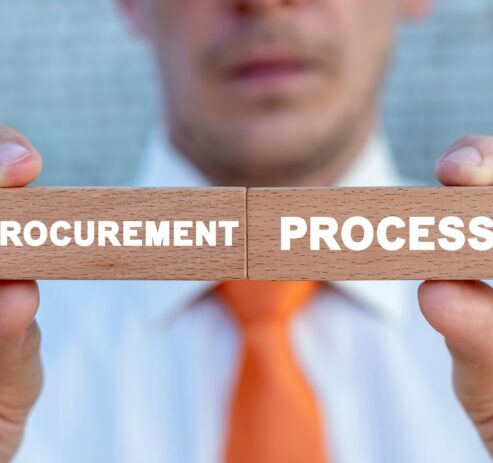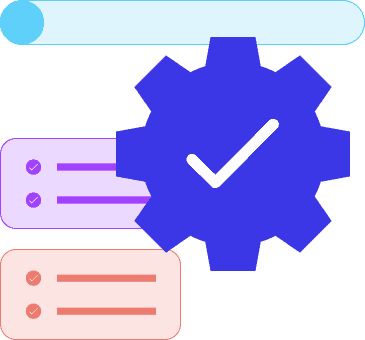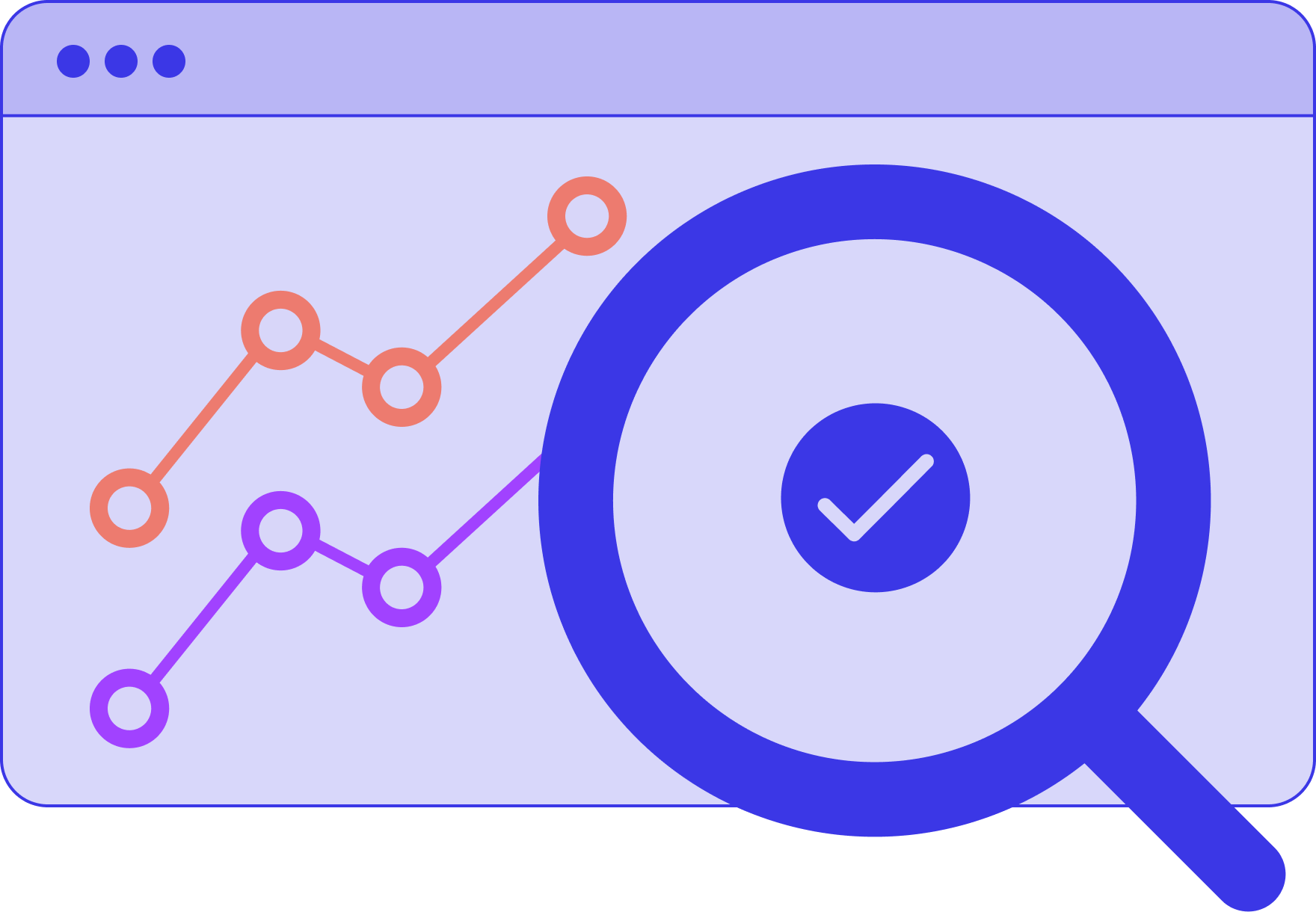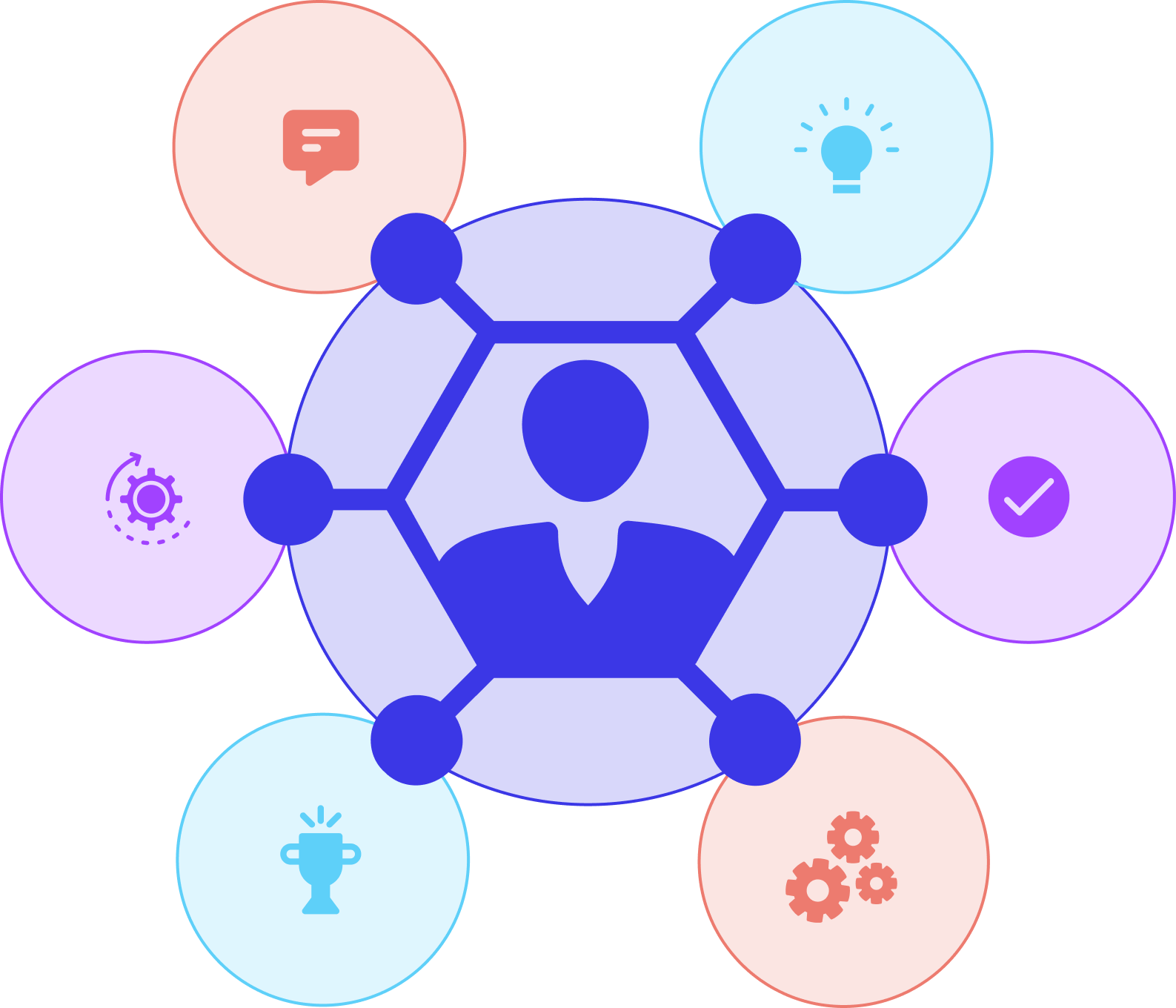An ERP system helps make complex procurement processes easier, faster, and more efficient.
It aggregates supplier and customer data to ensure a smooth and seamless purchasing process, and timely delivery to the customer’s door. An ERP also serves each and every stakeholder in the supply chain, with always available, always accessible real-time purchase order information and end-customer information, to help accelerate sales, and boost the overall customer experience.










